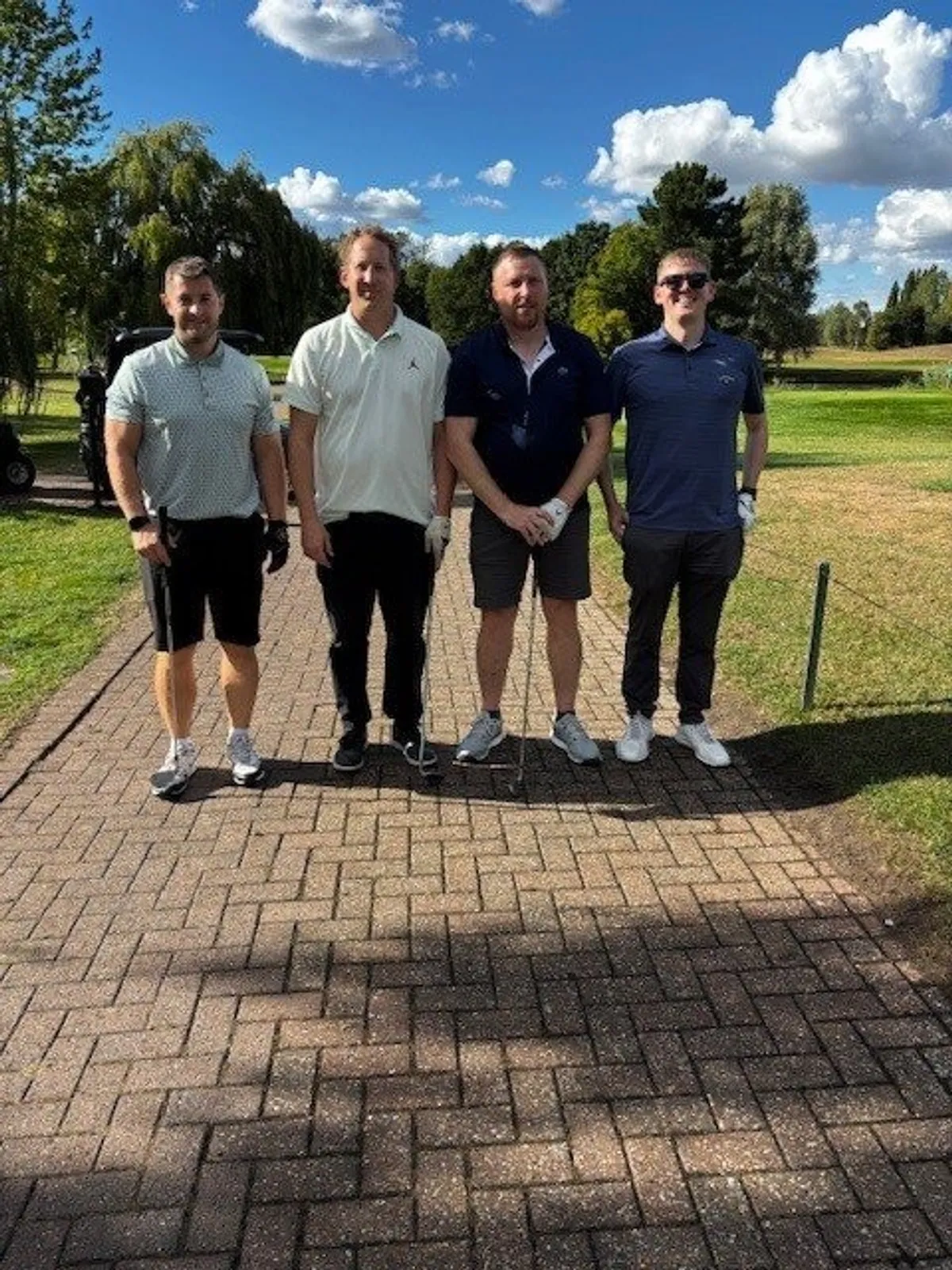Copyright thejournal

We need your help now Support from readers like you keeps The Journal open. You are visiting us because we have something you value. Independent, unbiased news that tells the truth. Advertising revenue goes some way to support our mission, but this year it has not been enough. If you've seen value in our reporting, please contribute what you can, so we can continue to produce accurate and meaningful journalism. For everyone who needs it. One-off amount I already contribute Sign in. It’s quick, free and it’s up to you. An account is an optional way to support the work we do. Find out more. Investigates Investigates Money Diaries The Journal TV Climate Crisis Cost of Living Road Safety Newsletters Temperature Check Inside the Newsroom The Journal Investigates Daft.ie Property Allianz Home The 42 Sport TG4 Entertainment The Explainer A deep dive into one big news story Sport meets news, current affairs, society & pop culture have your say Or create a free account to join the discussion Advertisement More Stories Alamy Stock Photo Interview Advice Career expert Memorising AI-generated answers for job interviews is a trap A script might look good on paper, but it rarely sounds good in reality, writes Sarah Geraghty. 7.01am, 27 Oct 2025 Share options HOW OFTEN HAVE you decided that the best way to prepare for a job interview is to write yourself a tidy little script? And then tortured yourself trying to learn it off by heart, as if the panel had invited you to deliver a 45-minute TED Talk rather than have a conversation? If that sounds familiar – or triggering – you’re not alone. Most people I work with do it too. It feels helpful. It looks helpful. But it isn’t. A script might look good in print, but it rarely sounds good. The way we write and the way we speak belong to different worlds. Writing is polished, deliberate. Speaking is reactive, unique to the speaker. And interviews – by definition – are a two-way exchange. Scripting answers for something that depends on interaction is illogical. It doesn’t prepare you to perform under pressure, for curveballs or to help you sound interesting, engaged and memorable “Yeah, I get all that,” someone said to me recently, “but my vocabulary’s terrible. Can AI not sex it up a bit?” There’s a long-held myth that the more polished our language, the smarter or more professional we sound. But interviews aren’t literary recitals. The goal isn’t to impress -it’s to persuade. To be understood. Nobody has ever landed a job by bamboozling the panel with jargon. We see a version of this in online interviews. It’s why so many people claim they’re less nervous on Zoom: they’re reading. Off Google Docs, off sticky notes on the wall behind their screen – convinced that rhetorical brilliance will dazzle. It rarely does. And now, with AI, the problem has deepened. At least those old Zoom scripts were the person’s own words, however stiff. Lately, I’ve seen candidates hand over the whole lot to ChatGPT – who they are, why they want the job, their vision for the role. Then they arrive at the interview frozen, terrified of forgetting a line from their AI-generated script, unable to respond to anything unscripted. Interviewers aren’t fooled. “You can smell a GPT answer a mile off,” one told me. “Bullet points, buzzwords, generic statements… eyes glazed over.” It’s not that AI has no place in interview prep. It can be brilliant for research – helping you dig beyond the “About Us” page, spot trends in the industry, understand what the company values. Advertisement But when you hand it your voice – when you let it speak for you rather than use it as a helpful tool to inform you – you give up the very thing employers most want to see: your mind at work. The bit that problem-solves, connects dots and listens, reacts in real time. No surprise then that employers are pushing back. Goldman Sachs has warned applicants not to use AI tools in interviews, saying they want to “hear from applicants in their own voice”. Anthropic – itself an AI company – wants to “understand your personal interest” and assess “non-AI-assisted communication skills”. In other words: the same thing they’ve always wanted. Proof you understand them – their needs, their challenges – and that you’re someone they’d actually want around the place. One client, applying for a senior banking role, asked ChatGPT to write her interview answers. The result? A 40-page script of generic questions and bullet-pointed responses. By the end, she was exhausted, anxious, and no wiser about what she actually brought to the role. When I asked what the job spec said, she replied: “It doesn’t matter – I just need to learn these answers.” That’s the trap. AI, like over-scripting, strips away your personality – your humour, warmth, ability to empathise or think on your feet. Another client, lively and funny in conversation, turned robotic the minute we switched into “interview mode”. Moments earlier he’d been animated, gesturing, telling stories. Then, suddenly, flat. “I bottled it,” he said. “Just didn’t trust my own voice.” “Unsure, robotic, monotone,” he added. “I wouldn’t hire me.” One hiring manager I know now adds an informal phone chat before the main interview – a quick test of who actually sounds human. AI won’t make you sound dazzling. You have to do that bit yourself. The real trick is to approach the interview as a problem-solving exercise. You’re not there to perform; you’re there to show you understand what the company needs, and how you can help meet that need. That understanding gives you freedom to sound natural, be curious, to have a proper conversation. So, by all means, use AI – but wisely. Let it broaden your thinking, highlight industry shifts, or help you find the right questions to ask. Then put it away. Write down key points, examples, stories. Practise saying them aloud – not word for word, but conversationally, as if explaining them to a friend. The goal isn’t perfection; it’s clarity. Know three things: what they need, what you offer, and how you can prove it. Because when everyone else is reciting ChatGPT’s idea of who they should be, the person who turns up – empathetic, thoughtful, unmistakably human – will stand out. Readers like you are keeping these stories free for everyone... A mix of advertising and supporting contributions helps keep paywalls away from valuable information like this article. Over 5,000 readers like you have already stepped up and support us with a monthly payment or a once-off donation. Support The Journal Sarah Geraghty Viewcomments Send Tip or Correction Embed this post To embed this post, copy the code below on your site Email “Career expert: Memorising AI-generated answers for job interviews is a trap”. Recipient's Email Feedback on “Career expert: Memorising AI-generated answers for job interviews is a trap”. Your Feedback Your Email (optional) Report a Comment Please select the reason for reporting this comment. Please give full details of the problem with the comment... This is YOUR comments community. Stay civil, stay constructive, stay on topic. Please familiarise yourself with our comments policy before taking part. Leave a Comment Submit a report Please help us understand how this comment violates our community guidelines. Damaging the good reputation of someone, slander, or libel. Racism or Hate speech An attack on an individual or group based on religion, race, gender, or beliefs. Trolling or Off-topic An attempt to derail the discussion. Inappropriate language Profanity, obscenity, vulgarity, or slurs. Advertising, phishing, scamming, bots, or repetitive posts. Please provide additional information Thank you for the feedback Your feedback has been sent to our team for review. Leave a commentcancel Newly created accounts can only comment using The Journal app. This is to add an extra layer of security to account creation. Download and sign into the app to continue. Access to the comments facility has been disabled for this user View our policy ⚠️ Duplicate comment Post Comment have your say Or create a free account to join the discussion Artificial Intelligence career advice Interview Advice job interviews News in 60 seconds The Morning Lead Government and Áras collision course? Taoiseach says he doesn't foresee any difficulties ahead Christina Finn How much do you know about Irish movies? a look back The highs and lows of Michael D Higgins’ 14-year presidency Inside Áras an Uachtaráin: Here's a look at where Catherine Connolly will soon call home Witness appeal Gardaí appeal for information on serious attack in Dublin earlier this week Here's What Happened Today: Sunday spending and saving Money Diaries: A PR manager on €44K living in Co Cork current husband Who is Brian McEnery, the man set to be Ireland's next 'first husband'? spoiled votes Taoiseach suggests referendum on changing 'restrictive' process for getting on presidential ballot What part of the country gave the most votes to Jim Gavin? Presidential Election 'Damning verdict' for Irish government: How foreign media has covered Catherine Connolly's win more from us Investigates Money Diaries The Journal TV Journal Media Advertise With Us About FactCheck Our Network FactCheck Knowledge Bank Terms & Legal Notices Terms of Use Cookies & Privacy Advertising Competition more from us TV Listings GAA Fixtures The Video Review Journal Media Advertise With Us Our Network The Journal FactCheck Knowledge Bank Terms & Legal Notices Terms of Use Cookies & Privacy Advertising Competition © 2025 Journal Media Ltd Terms of Use Cookies & Privacy Advertising Competition Switch to Desktop Switch to Mobile The Journal supports the work of the Press Council of Ireland and the Office of the Press Ombudsman, and our staff operate within the Code of Practice. You can obtain a copy of the Code, or contact the Council, at https://www.presscouncil.ie, PH: (01) 6489130, Lo-Call 1800 208 080 or email: mailto:info@presscouncil.ie Report an error, omission or problem: Your Email (optional) Create Email Alert Create an email alert based on the current article Email Address One email every morning As soon as new articles come online



